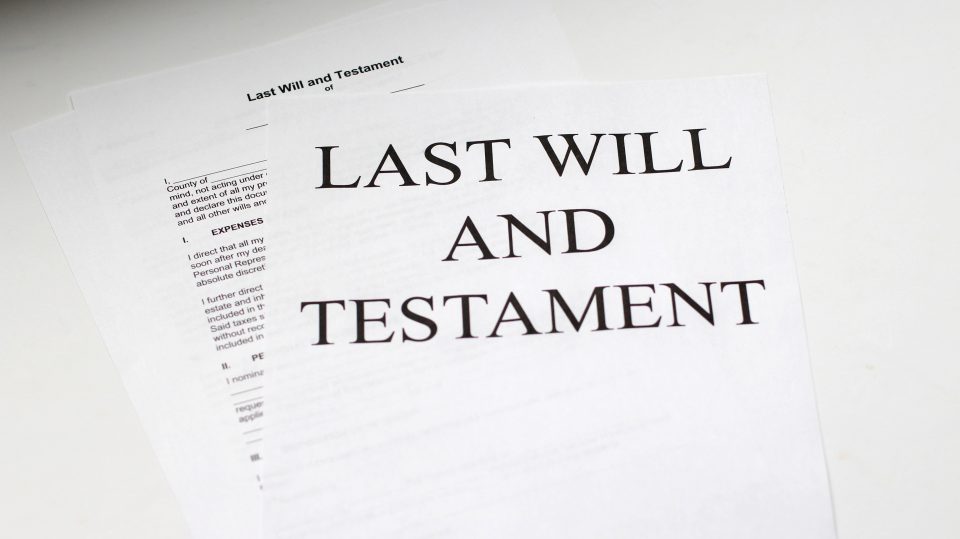If you’re interested in co-owning a horse, make sure you have the right partnership in place before money exchanges hands.
By Kristin Pitzer

Not everyone can afford a high-dollar horse on their own dime, and that’s where partnerships come into play. Owning a horse in a partnership allows a trainer, individual, or business to up their game and compete on a higher level, while sharing expenses and costs. Depending on the type of partnership, it can also be used to mitigate some of the risks that come with horse ownership.
There are many different types of partnerships to choose from, and each can affect its members in different ways, so it’s best to go into one with some knowledge on the subject. Here, Phoenix- and San Francisco-based attorney Jordan Willette shares several types of partnerships and recommends consultation with an equine attorney before entering into one, whether it’s a written agreement or an informal purchase with a client.
General Partnerships
Any time you co-own a horse with another person but don’t have an official agreement, the law in most states still considers that a legal entity known as a general partnership, Willette says— even if you haven’t technically formed one. A general partnership is formed when at least two people agree to establish a business and share its assets and liabilities. For example, if five people split ownership amongst themselves, each person owns 20% of the partnership by default.
Individuals can enter into a general partnership without signing any type of contract, although it’s not advisable, Willette cautions. Instead, writing out an operating agreement for the partnership allows the partners to define their relationships among themselves and their responsibilities concerning the horse. This can be immensely helpful should problems arise in the future.
“Sometimes things happen—for example, what if the horse gets hurt?” Willette considers. “Who’s responsible for those vet fees or for taking care of the horse? That is something you want to establish ahead of time.”
For trainers partnering with owners by investing their expertise, time, and skills into the horse in lieu of a hefty monetary contribution, an operating agreement can be essential for your protection should things go south with the other partners in the future. Having a contract in place that clearly states each individual’s role and financial responsibilities for the horse will be crucial for establishing the terms of the horse’s ownership in court.
A general partnership that doesn’t have a written contract will be subject to the opinion of a judge should the partners have a falling out. In most states, without a contract, general partners have equal share of the partnership’s assets and liabilities. In cases where partners have agreed to different terms without a contract, a judge will be the one to determine if a valid agreement exists and whether the terms of the agreement change how the assets and liabilities should be allocated to the partners.
General partnerships are easy to create, and with an operating agreement in place, most people feel fairly secure. However, one downfall of a general partnership is it doesn’t protect individuals in the event of litigation. That can spell disaster for partners that have more assets or higher cash flow than others in the relationship.
“General partnerships have unlimited liability, where each partner can be liable not only for their own acts and omissions, but those of the partnership and other partners,” Willette says. “If the horse injures somebody, the injured person would name the partnership in a suit, but if the partnership didn’t have enough funds or insurance, they’ll name the individual partners, too.”
Limited Liability Partnerships
Conversely, those who don’t want to take on the risk associated with a general partnership have other options such as an LLC or a syndicate. These two entities take the risk off the individual and place it on the business instead.
An LLC, or limited liability company, is formed with the state, and its purpose is to protect its members from personal liability, offer management flexibility, and provide tax benefits. Though it’s similar to a corporation, an LLC is taxed as a partnership, where the individual pays for the profits or losses based on his or her own tax return.
“That’s why it’s my favorite—I’m generally risk adverse, so I don’t like anything with the potential for personal liability,” Willette shares. “An LLC offers a corporation limited liability, so someone can only sue the entity that owns the horse, and the member’s personal assets are protected.”
Likewise, a syndicate allows individuals to divide ownership and expenses. While LLCs must be filed with the state, though, syndicates don’t necessarily have to be. Syndicates can be filed with the state as either a partnership, LLC, or corporation for tax purposes.
“Syndicates allow for an alliance of businesses or owners to manage a single asset or a large transaction,” Willette said. “It’s easier for companies or individuals to pool their resources and share the financial risks.”
Unlike general partnerships, most states require LLCs partake in a dissolution process governing the next steps should the entity ever disband. This formal agreement describes how liabilities will be paid out, how assets get divided, and how profits are split up, depending on what the members agreed to at the formation of the LLC.
Get It in Writing
No matter what type of business entity you decide to form, having some type of operating agreement or contract is crucial, Willette asserts. Most states will recognize it as a formal legal document and abide by what’s written there, but be aware that, depending on which business entity you choose, some states have more extensive requirements. Speaking with a lawyer familiar with your state’s laws will ensure that your contract is enforceable and protects you and the other partners should any adverse circumstances arise during the horse’s ownership.
“That’s the fun thing about partnerships and LLCs is that the people who are forming them can decide to the terms they want, and as long as it’s in writing, it’s likely going to be enforceable,” Willette concludes. “Contracts and operating agreements provide that the LLC and the partners can operate in such a way that it meets their goals.”
This article is provided for informational purposes only and does not constitute individualized legal advice. Contract drafting and business disputes can be very complex. When questions arise based on specific situations, please seek a knowledgeable attorney for advice.



